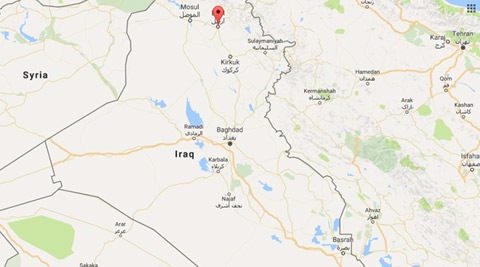Opinion India heads to Erbil
By opening a consulate in Iraqi Kurdistan, New Delhi signals readiness to keep step with changing realities in West Asia.

India’s long-overdue decision to open a consulate in Iraqi Kurdistan’s capital, Erbil, marks a significant step forward for New Delhi’s diplomatic engagement with conflict-torn West Asia. Long having held back because of concerns that opening a consulate would be seen as giving diplomatic recognition to the quasi-autonomous region’s aspirations for independence, New Delhi’s move marks a welcome recognition of changing realities. First, Iraqi Kurdistan is an economically vibrant region that provides jobs to tens of thousands of Indians, and opportunity to several companies. Then, though its decision to sell oil has brought it into conflict with Baghdad, the fact remains that the region’s energy resources are of long-term interest to India. Finally, Iraqi Kurdistan is the key launchpad for the global campaign against the Islamic State — and long after the fall of the so-called Islamic State, will remain an important partner for India in the struggle against other jihadist organisations, like al Qaeda. The presence of an Indian consulate in Erbil thus opens the door for India to initiate contact with institutions and groups critical to its long-term economic and security interests — something far more important than a dogmatic respect for the sovereignty of an Iraqi state torn apart by ethnic and religious schisms.
The time taken by New Delhi to establish a diplomatic presence in Erbil points to a larger malaise: The anaemic resources India has to engage with the violent and chaotic region to its West on which so much of its economic fortunes, and energy security, rest. India’s intelligence services and the military are desperately short of West Asia language and area expertise; so, too, is the ministry of external affairs. Following the kidnapping of Indian workers after the fall of Mosul, India was left floundering, dependent on unreliable interlocutors in Baghdad and Istanbul. Larger crises will have more severe impacts, unless these deficits are addressed through a programme of institutional capacity building.
For decades, India assumed that order in the region would be maintained by the United States, which propped up the system of authoritarian rulers who ran it. That premise is no longer valid. The preeminent global power is ever-less reliant on West Asian hydrocarbons for its energy. In the future, China and India may find they have to do more to secure their own interests. The time to start preparing for that uncertain future is today.




